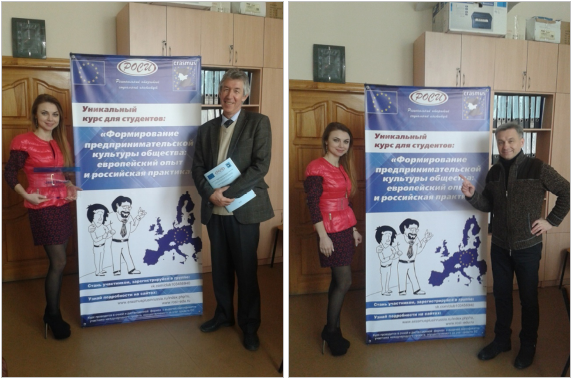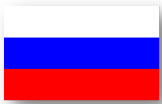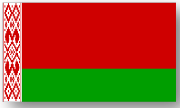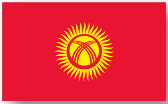ROSI participates in programs where it is possible to get a grant from leading research and educational funds. One of them is Erasmus+.

Erasmus+ (2014-2020), also called Erasmus Plus, is the new 14.7 billion euro catch-all framework program for education, training, youth and sport. The new Erasmus+ programme combines all the EU's current schemes for education, training, youth and sport, including the Lifelong Learning Programme (Erasmus, Leonardo da Vinci, Comenius, Grundtvig), Youth in Action and five international co-operation programmes (Erasmus Mundus, Tempus, Alfa, Edulink and the programme for co-operation with industrialised countries). The Erasmus+ regulationwas signed on 11 December 2013.
A Jean Monnet Module is a short teaching programme (or course) in the field of European Union studies at a higher education institution with a duration of three years.
Each Module has to propose a minimum of 40 teaching hours per academic year.
Teaching hours are taken to include direct contact hours in the context of group lectures, seminars, tutorials and may include any of the aforementioned in a distance learning format but do not include individual instruction.
Modules may concentrate on one particular discipline in European studies or be multidisciplinary in approach and therefore call upon the academic input of several professors and experts.
Erasmus+ supports Jean Monnet Modules with aiming to:
The Jean Monnet Module anchors and mainstreams teaching on EU matters in curricula which so far have included EU-related content only to a limited extent. They also bring facts and knowledge on the European Union to a broad spectrum of learners and interested citizens.
Within the framework of this sub-programme in 2016 the following projects were written:
In 2015 ROSI won a grant Erasmus+ - Jean Monnet - Modules. The project is called ‘Development of Entrepreneurial Culture of Society: European Experience and Russian Practices’ (the author of the project – A. Vorobyev).

Erasmus+: Capacity-building projects in the field of higher education' build on the success of the former Alfa, Edu-link and Tempus programmes and aim to:
Whiting the framework of this sub-programme the Regional Social Open Institute has initiated the formation of an international consortium and participation in the competition for a grant with the joint project “Accreditation and Quality Assurance Network in 3 Partner Countries / ACQUANET”. For now, there are 11 member countries of the EU and the CIS: Lithuania, France, Poland, Bulgaria, Belgium, Germany, Netherlands, Spain, Russia, Belarus, and Kyrgyzstan.




Knowledge Alliances are transnational, structured and result-driven projects, notably between higher education and business. Knowledge Alliances are open to any discipline, sector and to cross-sectoral cooperation. The partners share common goals and work together towards mutually beneficial results and outcomes.
Knowledge Alliances implement a coherent and comprehensive set of interconnected activities which are flexible and adaptable to different current and future contexts and developments across Europe. The following list provides examples of group of activities:
Knowledge Alliances may organize mobility activities of students, researchers and staff in so far as they support/complement the other activities of the Alliance and bring added value in the realization of the project's objectives.
Whiting the framework of this sub-programme the project “Applied Research Capacity through Training and Innovative Cooperation” is being implemented. There are six partner countries which are involved in this project: Belgium, Germany, Russia, Portugal, Czech Republic, Malta and Russia. Russia is represented by the Regional Open Social Institute.